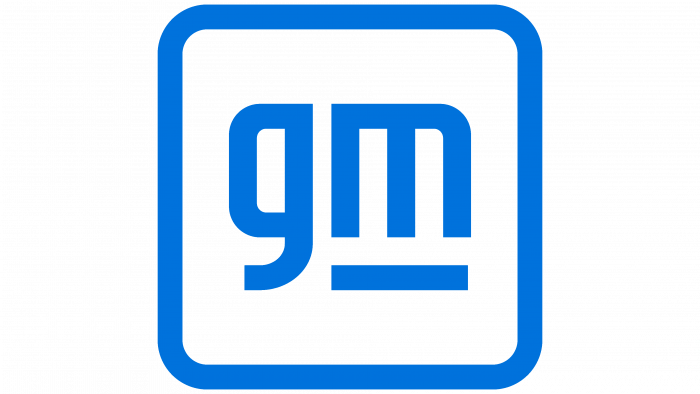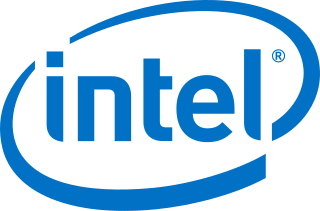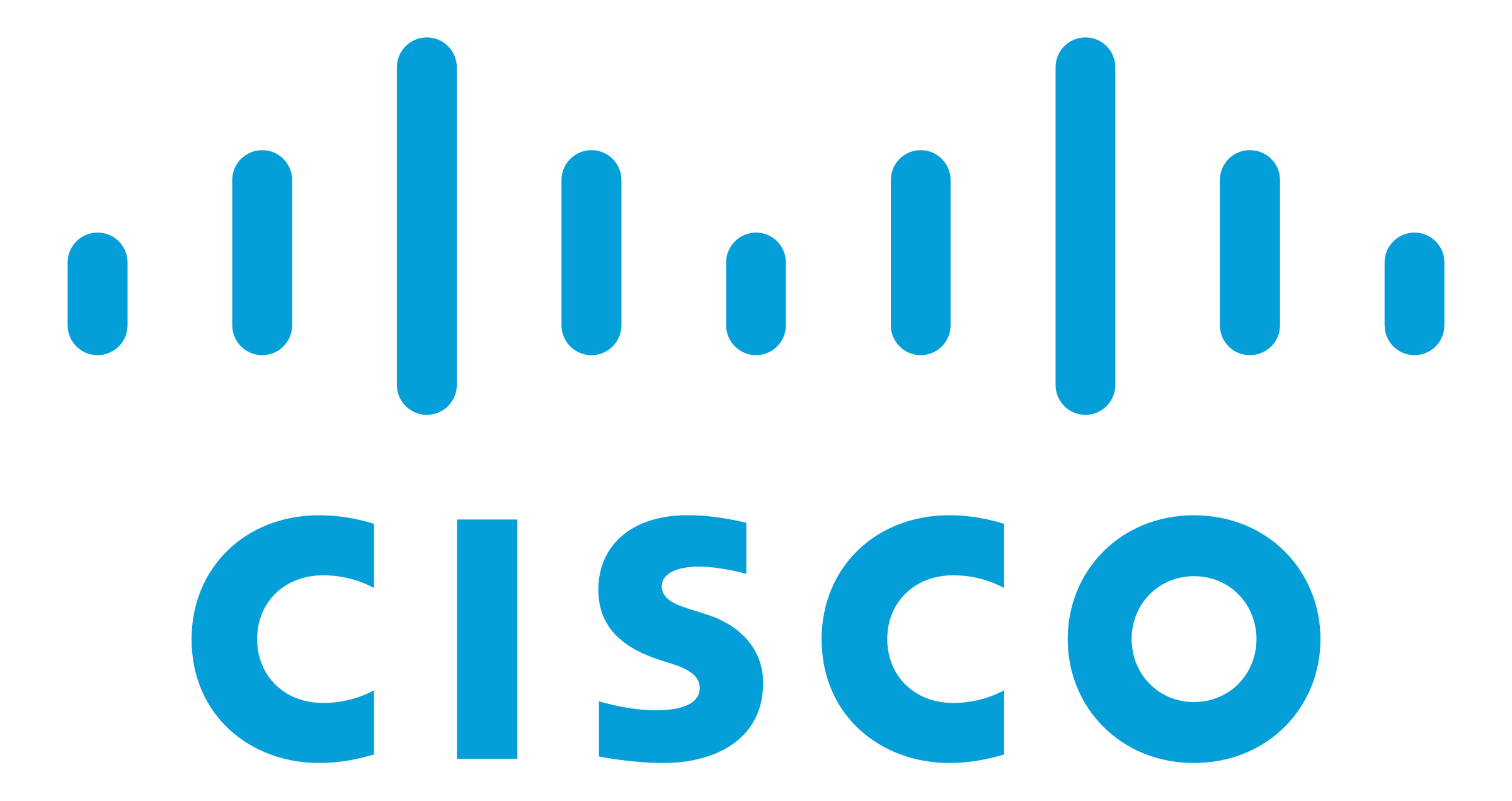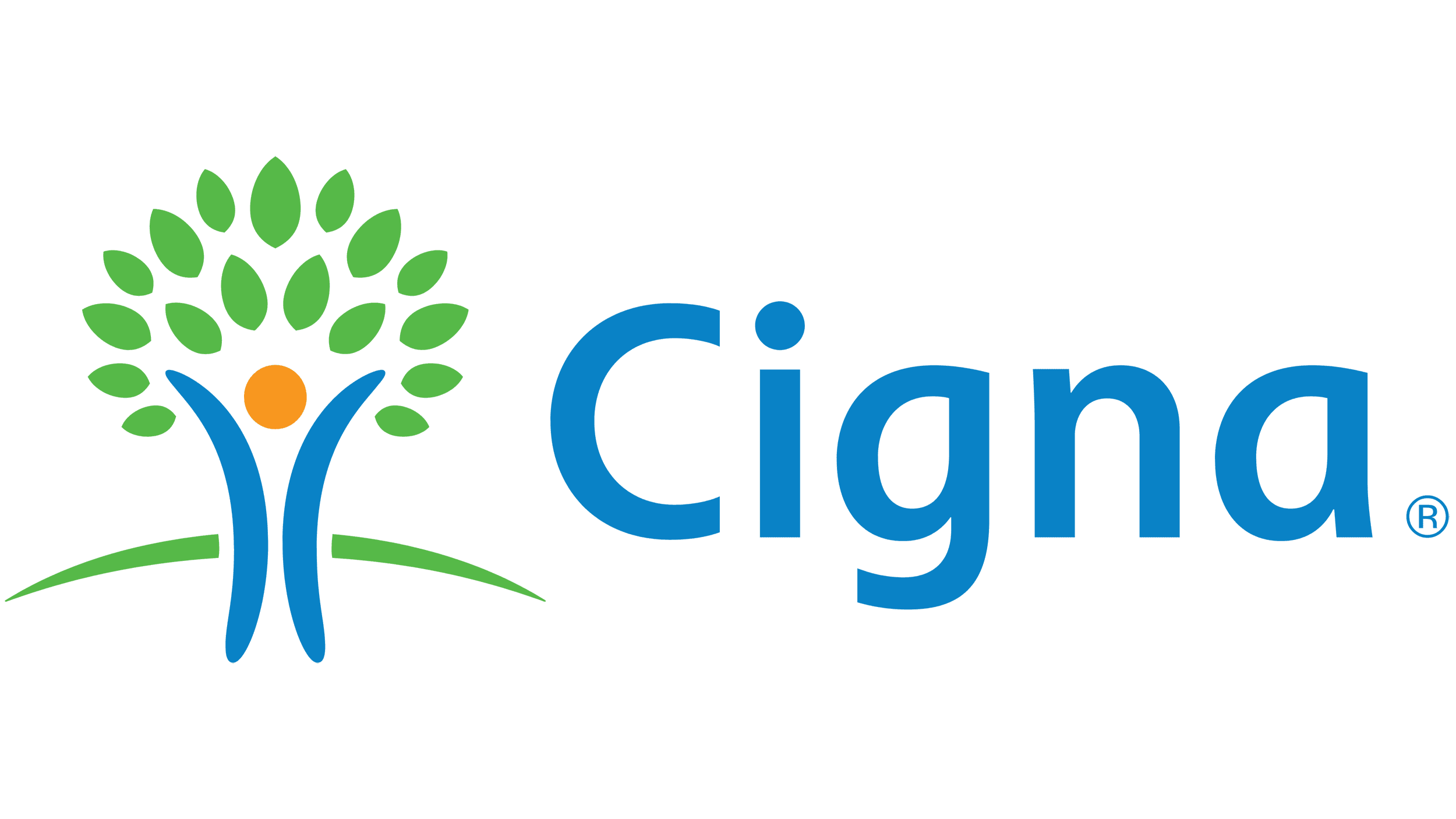New Year, New Career: Why Many Executives Choose to Switch Jobs in January
The New Year naturally leads to a trend of job switches among executives, reflecting the ‘New Year, New Career’ mindset. January becomes a popular time for these professionals to explore new job changes, inspired by the New Year’s symbolic significance for self-reflection and career reassessment. The beginning of a new year frequently heralds a wave of change and aspiration in the professional world.
During this time of transformation and ambition, many executives set their sights on new goals. They often seek varied challenges, roles that resonate more closely with their developing career aims, or opportunities in environments that provide novel perspectives and possibilities.
So here is your guide to why executives switch jobs in January and the strategies they can use for a successful transition in the new year.
Want to save time?
Let us help you land your next executive position by crafting the best resume/LinkedIn profile or by managing your entire job search. Here’s more information about our Executive Resume Writing Services and Reverse Recruitment Service. Book a call today to speak directly with our CEO and Founder, Arno Markus!
Industry Stats: According to the U.S. Bureau of Labor Statistics (BLS), the employment of top executives is projected to grow 6% from 2021 to 2031, which is about as fast as the average for all occupations.
The January Appeal for Executive Job Changes
January stands as a unique month, symbolizing new beginnings and fresh opportunities. This period is particularly influential in the professional lives of executives, driven by two key aspects: the psychological impact of the New Year and its cultural significance as a time for a fresh start.
Psychological Impact of the New Year: Resolution Mindset
- Symbol of Renewal: The New Year is universally seen as a symbol of renewal and a chance to reset. For executives, this often translates into a desire to reevaluate their career paths and set new professional goals.
- Motivation for Change: The start of a new year brings a heightened sense of motivation and a willingness to embrace change. This mindset encourages executives to step out of their comfort zones and seek new challenges.
- Reflective Period: January serves as a reflective period where executives assess their past achievements and areas for growth, leading to a more strategic approach in their career decisions.
Cultural Significance of January as a Fresh Start
Culturally, January has long been associated with making resolutions and setting new objectives, a practice that extends into the professional sphere.
The beginning of the fiscal year in many organizations aligns with January, presenting a natural transition point for executives looking for new opportunities.
The job market often experiences a surge in January, with companies seeking to fill key positions at the start of the business year, making it an opportune time for executives to explore new roles.
Industry Trends and Job Market Analysis
The month of January is pivotal in the job market, marked by a surge in hiring activities and industry-specific trends that create a fertile ground for executive career changes.
Overview of Job Market Conditions in January
- Hiring Surge Post-Holiday Season: Companies ramp up their hiring efforts following the holiday season. This is partly due to renewed focus and the kick-off of new business quarters.
- Alignment with Corporate Fiscal Cycles: Many organizations operate on a fiscal calendar that resets in January. This alignment often means new budgets are available, leading to increased hiring, especially for high-level positions that require early-year strategic planning.
- Impact of Annual Performance Reviews: Late December and early January are common times for performance reviews, which can lead to internal promotions or vacancies as employees move up or out, creating new opportunities.
Industry-Specific Trends Encouraging Job Switch
Technology and Digital Services: The tech industry, constantly driven by innovation, often launches new initiatives at the start of the year. This creates a demand for leaders adept in new technologies and digital strategies.
Financial Sector: Financial institutions and consulting firms usually reassess their annual strategies in January. This can lead to organizational restructuring, opening up executive positions focused on navigating new financial landscapes.
Healthcare and Pharmaceutical Shifts: These industries face continuous evolution due to technological advancements and regulatory changes. The new year often marks a time when these sectors actively seek new leadership to spearhead upcoming projects or adapt to market shifts.
Retail and Consumer Goods: Post-holiday analysis and planning for the new year can drive changes in retail and consumer goods industries, creating opportunities for executives with expertise in market analysis, consumer trends, and strategic planning.
Challenges and Opportunities in New Year
The beginning of a new year often signals a time of change and reflection for executives. This period is marked by unique challenges in their current roles, alongside emerging opportunities for career development and advancement.
Challenges in Current Executive Roles
Executives face specific challenges as the year unfolds:
- Adapting to Rapid Market Changes: The business landscape is continuously evolving, requiring executives to stay informed and agile. They must quickly adapt their strategies to meet the changing demands of their industries.
- High-Pressure Decision-Making: In executive roles, decision-making often involves high stakes. Balancing the potential risks and rewards of these decisions is crucial, demanding a deep understanding of the business and its market.
Opportunities in the New Year
The new year also brings several opportunities for executives:
- Capitalizing on New Budgets: With the onset of new fiscal periods, executives often have access to fresh budgets. This allows for initiating new projects or expanding existing ones, offering a chance to innovate and drive departmental growth. This is an ideal time to propose new ideas or projects that were previously on hold due to budget constraints.
- New Roles and Leadership Opportunities: January is a time when many organizations launch new initiatives and create new executive roles. This can open doors for executives to take on more significant responsibilities, lead larger teams, or move into roles that align more closely with their career aspirations.
By addressing these challenges and leveraging the opportunities presented at the start of the year, executives can set themselves up for a successful and fulfilling year ahead, marked by professional growth and significant achievements.
Personal Growth and Career Development
Personal growth is a fundamental driver for many executives contemplating career changes, especially at the start of a new year. This period often inspires introspection and a reassessment of career objectives, leading to decisions that align more closely with personal and professional aspirations.
Desire for Personal Growth
Many executives seek to broaden their skill sets and deepen their industry knowledge. This desire for intellectual growth often leads them to pursue new roles that challenge them in different ways or offer opportunities for learning and development.
For many in executive positions, personal growth is synonymous with enhancing leadership and management skills. This might mean seeking roles that offer more significant leadership responsibilities or opportunities to mentor and develop teams.
Executives often reach a point where they want their work to reflect their personal values or passions more closely. This can drive a career change to an organization or role that aligns better with these personal aspects.
How Personal Growth Drives Career Changes
The link between personal growth and career development is strong, and it plays a crucial role in the decision-making process for executives:
- Seeking New Challenges: The pursuit of personal growth often leads executives to seek out new and challenging experiences in their professional lives. This could mean transitioning to a role in a different industry, taking on a position with more significant challenges, or moving to a company with a different culture or operational scale.
- Career Advancement: As executives grow personally, they often aspire to advance their careers. This advancement could be in the form of higher positions, more strategic roles, or opportunities to impact the organization on a larger scale.
- Work-Life Balance and Wellbeing: Personal growth also encompasses achieving a better work-life balance. Executives might seek career changes that offer more flexible schedules, remote work opportunities, or a healthier work culture to improve their overall quality of life.
The desire for personal growth is a powerful motivator for executives to explore new avenues in their careers.
Strategic Planning for Career Change
For executives contemplating a career change, strategic planning is key. This process involves not just identifying new opportunities but also carefully timing and strategizing these moves to ensure a successful transition.
How Executives Plan their Career Moves?
Executives take a methodical approach when planning their career moves, considering several critical factors:
- Self-Assessment and Goal Setting: The first step often involves a thorough self-assessment. Executives reflect on their skills, experiences, and what they seek in their next role. Setting clear, achievable goals is crucial in this phase.
- Market Research: Understanding the current job market, industry trends, and potential opportunities is vital. This involves researching companies, roles, and sectors that align with their skills and goals.
- Networking and Mentorship: Building and leveraging professional networks is an invaluable part of the planning process. Networking, seeking advice from mentors, and engaging with industry peers can provide insights and potential leads for new opportunities.
- Skill Gap Analysis and Development: Identifying any skill gaps and undertaking relevant training or professional development can make executives more competitive candidates for their desired roles.
Importance of Timing and Strategy
Timing a career move involves considering personal circumstances, market conditions, and professional milestones. For instance, completing a significant project or waiting for the fiscal year-end can be strategic timing for a transition.
Understanding and mitigating risks associated with a career change is crucial. This might involve financial planning, considering the impact on personal life, or assessing the stability and growth potential of the new role.
Executives must position themselves strategically in the job market. This includes updating their resumes and LinkedIn profiles to reflect their most relevant skills and achievements, and tailoring their approach to target specific industries or roles.
Planning a graceful exit from their current role is important. This includes ensuring a smooth transition for the team and maintaining professional relationships, which can be valuable in the future.
Impact of Networking and Professional Connections
Networking and professional connections play a pivotal role in an executive’s career, especially when considering a job change. These networks can open doors to new opportunities and provide invaluable support during the transition process.
Strategies for Executives Looking to Change Jobs
Effective networking requires strategic and deliberate actions:
Industry Events: Participating in conferences, seminars, and networking events specific to their industry allows executives to meet peers and potential employers, fostering valuable connections.
Social Media Engagement: Platforms like LinkedIn are essential for modern networking. Executives should maintain an active and professional online presence, engage with relevant content, and connect with industry leaders and peers.
Alumni and Professional Groups: Joining and participating in alumni networks or professional organizations can provide unique networking opportunities and access to industry-specific resources and job openings.
Informational Interviews: Requesting informational interviews with leaders in their field or desired companies can provide insights into the organization and help establish a connection for future opportunities.
Relationship Maintenance: Networking isn’t just about making new connections; it’s equally important to maintain and nurture existing relationships. Regular check-ins, sharing relevant articles or information, and offering assistance can keep these connections strong and active.
Research and Preparation: Before joining a new company, an executive might study its annual reports, recent press releases, and market analyses to understand its position and challenges. Utilize platforms like LinkedIn to research the company’s leadership and their backgrounds, or tools like Glassdoor to get insights into the company culture and employee reviews.
Active Cultural Immersion: An executive might participate in team-building activities, attend social events organized by the company, or join company-wide initiatives to understand the core values and ethos of the new environment.
Summary
As executives consider a job switch in January, embrace this new year with confidence. It’s a prime opportunity to align your career with your ambitions, turning challenges into achievements.
This transition is more than a job change; it’s an avenue for personal and professional growth. Tackling challenges with strategic planning and robust networking can transform these opportunities into milestones of success.
So, step into this new phase with the confidence that each challenge is a stepping stone towards achieving greater heights in your career journey.
About iCareerSolutions
iCareerSolutions, America’s #1 Executive and Professional Resume Writing Services, Reverse Recruitment, and LinkedIn Profile Development Company. 28X award-winning resume writers deliver professional resumes that get interviews. We have successfully landed our executive clients senior-level leadership positions at companies like Apple, Amazon, EA, Oracle, GM, Google, Facebook, DoJ, Gap, and 2U just to name a few. iCareerSolutions has 200+ 5-star reviews and offers a 60-day interview guarantee. Every resume template created is Applicant Tracking Systems (ATS) compatible and highly customized to meet your unique needs.
Active Members of The National Resume Writers’ Association (NRWA) │ The Professional Association of Resume Writers & Career Coaches (PARW&CC) │ Career Directors International (CDI) │ Career Professionals (CPC) │ Forbes Coaches Council
One of the Top Multi-Award-Winning Resume Writing Services in the country.
Book a complimentary consultation for your Professionally Managed Job Search now!


Employers who have Onboarded Our Clients






































